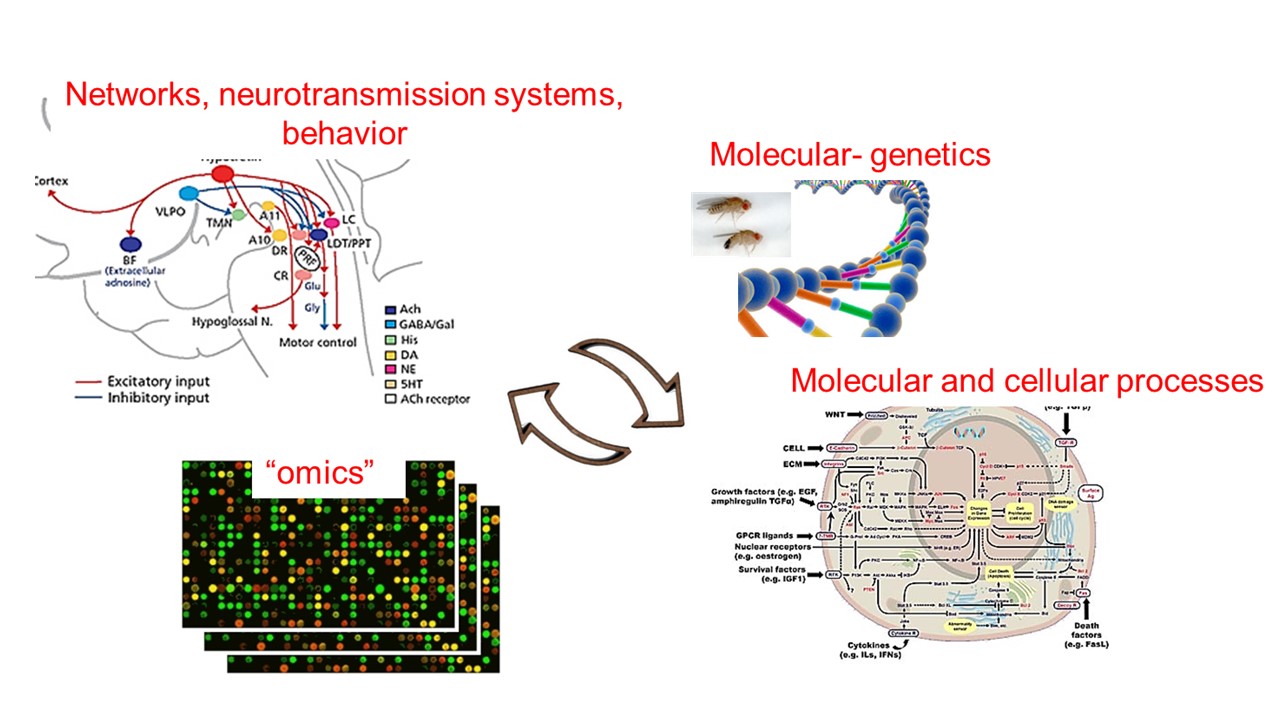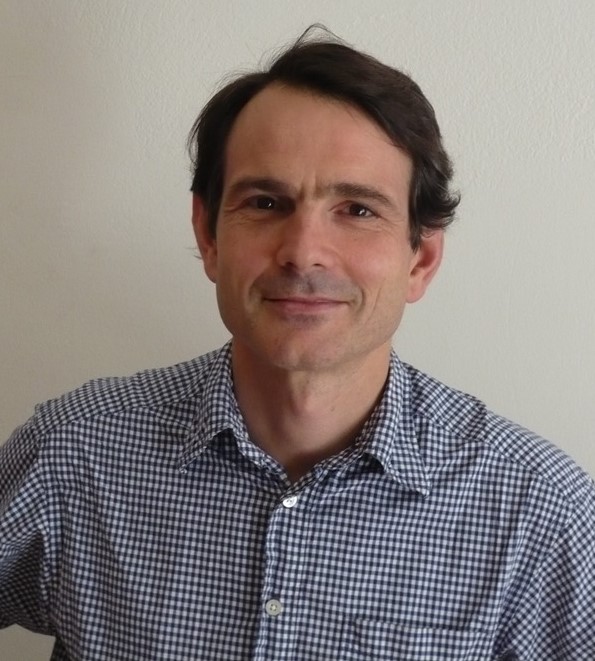Sleep-wake cycle, molecular-genetics and behaviour.
We currently have an increasingly detailed description of the phenomenology of sleep, the numerous neural networks that regulate it and their associated neurotransmitters. However, the regulation of the sleep-wake cycle also depends on poorly understood cellular and metabolic processes taking place not only in neurons but also in glial cells and at blood-brain interfaces. From the basic research standpoint, the elucidation of these processes will allow a better understanding of the mechanisms underlying sleep need and sleep function, and the cells and the signaling pathways the most affected by viligance states. From a clinical research standpoint these approaches allow the identification of new targets and strategies for therapy, which are currently in great need due to the prevalence of the disorders and the limited therapeutic options. The identification of these processes requires "omics" approaches combined with molecular genetics to manipulate gene expression in vivo and to observe the impact on wakefulness and sleep. To this end, I combine the use of the mouse model with that of the Drosophila model, the latter being particularly flexible for exploring gene function and intensively used in sleep research.

Publication list
https://www.crnl.fr/fr/equipe/waking
